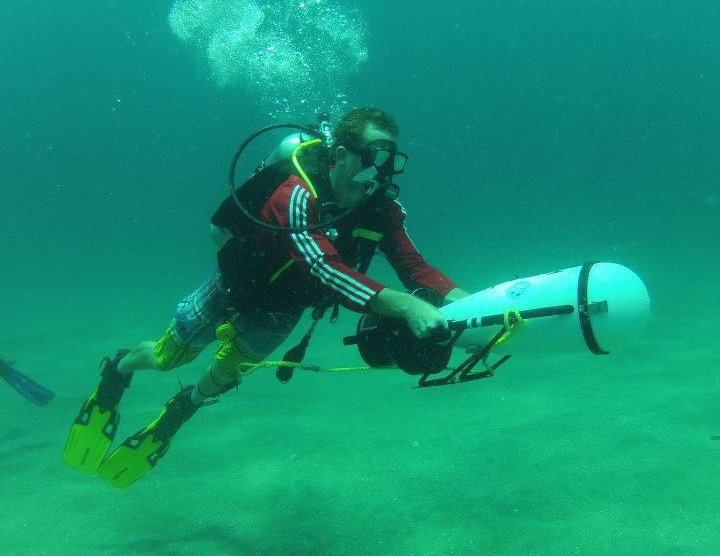Document Type
Article
Publication Title
Ecosphere
Abstract
Historically low temperatures have severely limited skeleton-breaking predation on the Antarctic shelf, facilitating the evolution of a benthic fauna poorly defended against durophagy. Now, rapid warming of the Southern Ocean is restructuring Antarctic marine ecosystems as conditions become favorable for range expansions. Populations of the lithodid crab Paralomis birsteini currently inhabit some areas of the continental slope off Antarctica. They could potentially expand along the slope and upward to the outer continental shelf, where temperatures are no longer prohibitively low. We identified two sites inhabited by different densities of lithodids in the slope environment along the western Antarctic Peninsula. Analysis of the gut contents of P. birsteini trapped on the slope revealed them to be opportunistic invertivores. The abundances of three commonly eaten, eurybathic taxa—ophiuroids, echinoids, and gastropods— were negatively associated with P. birsteini off Marguerite Bay, where lithodid densities averaged 4280 ind/km2 at depths of 1100–1499 m (range 3440–5010 ind/km2), but not off Anvers Island, where lithodid densities were lower, averaging 2060 ind/km2 at these depths (range 660–3270 ind/km2). Higher abundances of lithodids appear to exert a negative effect on invertebrate distribution on the slope. Lateral or vertical range expansions of P. birsteini at sufficient densities could substantially reduce populations of their benthic prey off Antarctica, potentially exacerbating the direct impacts of rising temperatures on the distribution and diversity of the contemporary shelf benthos.
Publication Date
2017
Recommended Citation
Smith, Kathryn E.; Aronson, Richard B.; Steffel, Brittan V.; Amsler, Margaret O.; Thatje, Sven; Singh, Hanumant Pratap; Anderson, Jeffrey S.; Brothers, Cecilia J.; Brown, Alastair; Ellis, Daniel S.; Havenhand, J. N.; James, W. R.; Moksnes, P.-O.; Randolph, A. W.; Sayre-McCord, T.; and McClintock, J. B., "Climate Change And The Threat Of Novel Marine Predators In Antarctica" (2017). Ocean Engineering and Marine Sciences Faculty Publications. 73.
https://repository.fit.edu/oems_faculty/73


